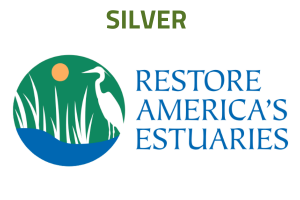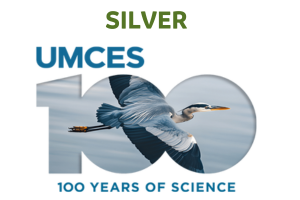- About
- Program
- Registration
- Experience
- Student & EC
- Hotel/Travel
- Sponsor/Exhibit
- Resources & More
Bringing Science to Capitol Hill: How to Make Your Voice HeardAbout the Moderator
Jes Watts is an independent contractor advising executives and organizations on long-term strategy and policy development. With more than 20 years of experience in coastal resilience, environmental protection, and emergency response, Jes has guided senior leaders in navigating complex coastal resource policy challenges across federal, state, Tribal, and non-governmental settings. They connect science with policy and draw on advanced training in congressional operations, strategy, and budget processes to prepare practitioners for effective engagement with decision-makers. Jes is a retired member of the US Coast Guard and holds a Master of Public Policy from William & Mary and a Bachelor of Science in Environmental Science and Policy from St. Edward’s University. About the Panelists
Rebecca Dennis joined CSO in 2023 as Director of Federal Affairs. In her role, she leads the development and implementation of CSOs legislative strategy. Rebecca comes to CSO with over a decade of experience working on legislative affairs and strategic communications. She most recently served as the Associate Director of US Policy and Advocacy for PAI, where she worked to advance global health and gender equity. Originally from Michigan, she holds a BA In International Affairs from Michigan State University, where she focused on human rights and environmental policy, and an MA from The George Washington University where she studied Global Health Policy and Global Gender Policy.
Cassandra Glaspie received her BS in Zoology from Michigan State University and her PhD in Biological Sciences from the Virginia Institute of Marine Science. Prior to her appointment at LSU, she was a postdoctoral researcher at Oregon State University in the Department of Fisheries and Wildlife. The research in Dr. Glaspie’s Marine Community Ecology Lab integrates laboratory, field, and modeling approaches to address the question: how do habitat changes alter interactions between members of an ecological community, and what are the implications for humanity? Her lab focuses on community ecology of benthic invertebrates and fishes, specifically predator-prey dynamics and bioenergetics. During her time in Oregon, she was a founding member of the Climate Action Advisory Board for the city of Corvallis. She volunteered as a Climate Science Educator for the Union of Concerned Science. In that role, she traveled to the Oregon capitol in Salem to discuss science-informed policy with decision makers. Dr. Glaspie is a champion for mental health and the creation of a safe and supportive learning and research environment at LSU and in her field of marine science.
As Senior Professional Staff Member, Victoria’s portfolio covers science and technology policy issues, including STEM education, workforce development and training, research security, federal R&D innovation, and global competitiveness. Prior to rejoining the Commerce Committee, Victoria covered the science policy and research security portfolio for the House Science, Space, and Technology Committee and served as a 2021 NOAA Sea Grant John A. Knauss Marine Policy Fellow. Victoria holds both her BS and PhD from the University of Virginia. Her graduate research focused on coastal flooding and inland marsh migration into agricultural fields. Victoria grew up working on a small family farm alongside her seven siblings on the Eastern Shore of Virginia. |

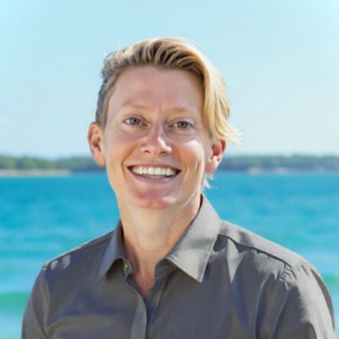 Moderator: Jes Watts
Moderator: Jes Watts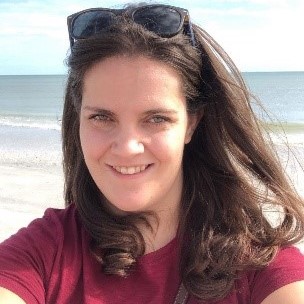 Rebecca Dennis
Rebecca Dennis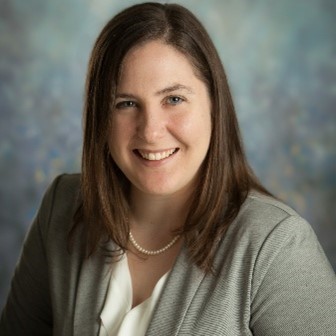 Cassandra Glaspie
Cassandra Glaspie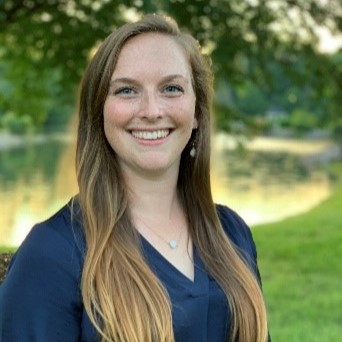 Victoria Rubin
Victoria Rubin